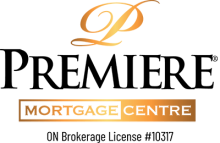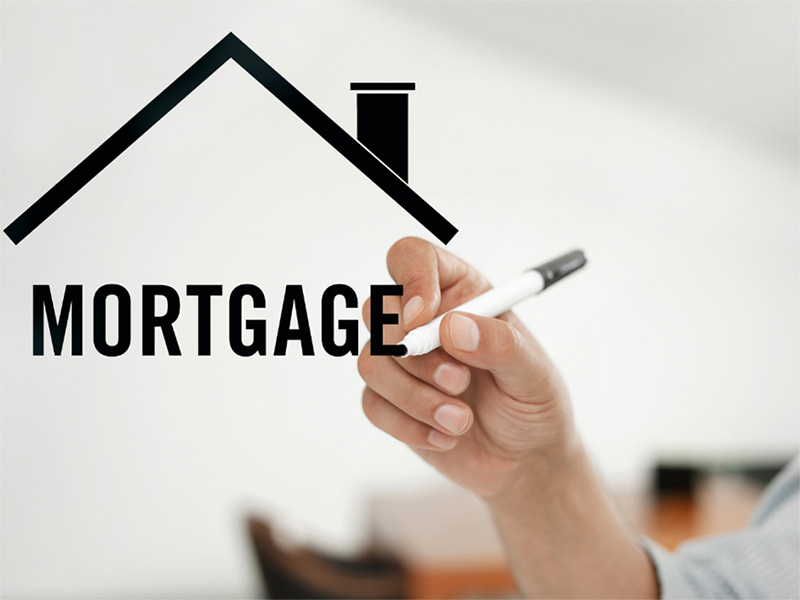Should I Take A Fixed Rate Or A Variable Rate Mortgage?
You’re probably thinking fixed, because that’s what most people think they should do, and it’s all their peers ask them: “What’s your interest rate?” There’s more to your mortgage than the upfront rate, which is all you see and think about, and all you believe you should be shopping for. Let’s start by defining both:
Fixed rate mortgage
An interest rate that does not change during the entire mortgage term.
Variable rate mortgage
An interest rate that will fluctuate in accordance with the prevailing market prime rate during the mortgage term.
And let’s define term to make sure we’re on the same page:
The length of time during which you pay a specific rate on the mortgage loan (i.e., the number of years in your mortgage contract). This is different than the amortization period. A mortgage is usually amortized (completely paid off) over 25 years, but can be up to 30 in some cases. Mortgage terms typically range from 6 months to 5 years. After the term expires, the interest rate is usually renegotiated with the lender (your bank, for example) or a new lender.
So why do most people therefore opt for the fixed rate mortgage? The usual answer is fear; fear of rates increasing and their mortgage payment increasing. Something most Canadians never believe is rates will hold steady, or even decrease, and then they will save money.
Common concerns are “my interest rate will double overnight” or “my mortgage payment may double overnight”:
- Interest rates cannot spike randomly: There are 8 prescheduled dates throughout the year when the Bank of Canada can adjust the “Prime” lending rate
- The interest rate will not double overnight: In fact, the rate is unlikely to adjust by more than 0.25%.
- The payment will not double overnight, and certain lenders offer a “fixed payment” option where the payment will never adjust, and only the amount of the payment going to principal and interest will adjust.
The most important thing to think about with your mortgage however is not the rate, it’s the potential total overall cost to yourself as the borrower. Often the prepayment penalty to break a 5 year fixed rate mortgage is 900% larger than the penalty to break a variable rate mortgage: Would this affect your decision making process?
The penalty to break a fixed rate mortgage is more often than not the “Interest Rate Differential”. Put simply, it’s a complex penalty that cannot be calculated ahead of time because it relies on knowing when you will break your mortgage and the rates that lender is offering at that time, which are both unknowns.
The penalty to break a variable rate mortgage is 3 months of interest on the outstanding balance of the loan.
You’re probably going to tell me you have no intention to break the terms of your mortgage, and incur a prepayment penalty, but 65% of Canadians break their mortgage on average at the 33 month mark. So what constitutes breaking the terms of your mortgage? You wanting to make a significant change to the agreed upon terms. What might be some of the reasons you need to break the terms of your mortgage?
- The desire for a lower rate, because market rates have decreased
- Selling your home and exiting the homeownership market completely
- Marriage – 2 people, with 2 mortgages coming together into one home now only need 1 mortgage
- Having children: We need a bigger home!
- Divorce – Even if one partner wants to take the mortgage on, they may not qualify on their own
- Health issues
- Social issues
- The desire to leverage capital from the property for a variety of reasons:
- Home renovations
- To payout higher interest consumer debt
- To raise capital to help a family member purchase a home
- To start a business
- To fund an existing business
- To cover the failure of an existing business without being forced to sell the home
Most mortgages will be “full featured” meaning they come with “portability” so you can take it with you to another qualifying property:
Porting/Portability/Portable Mortgage
Transferring an existing mortgage from one home to a new home when you move. This is known as a “portable” mortgage.
However, just because your mortgage is portable, that doesn’t mean the next property you want to buy will qualify to have that mortgage ported to it, and none of us know when we’ll stumble upon our dream home. If it cannot be ported, you’ll still end up paying a penalty to break the mortgage, and if you took the fixed rate, you’ll likely be paying the larger penalty.
Your life is variable, your future is variable, so should your mortgage also be variable?










